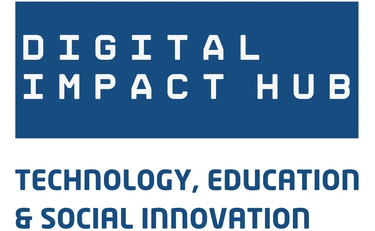This is a temporary version of the project’s website.
How We Turn Art into Action
Art → Empathy → Action. Programs aligned with SDGs 4, 10, 11, 16, 17 and rights-based standards for consent, stewardship, and data safety.
SDG 4 · Quality Education
SDG 10 · Reduced Inequalities
SDG 11 · Sustainable Cities & Communities
SDG 16 · Peace, Justice & Strong Institutions
SDG 17 · Partnerships
Exodus Impact is in due diligence with Tides as prospective fiscal sponsor; program reporting and public dashboards will follow confirmation.
Our Core Programs
Education Programs
We turn art-driven empathy into practical learning. All figures are projected for the pilot and may adjust as each country edition is structured and launched.
Safeguarding & access: bilingual materials (EN/ES; PT where relevant), captions on videos, mobile-first design, and “no-record” protocol for sensitive sessions.
Programs provide legal literacy and psycho-social support; they are not a substitute for legal or clinical services.
Education Through Art
Creative workshops, residencies and SDG-aligned teacher resources that connect art with measurable learning and inclusion outcomes.
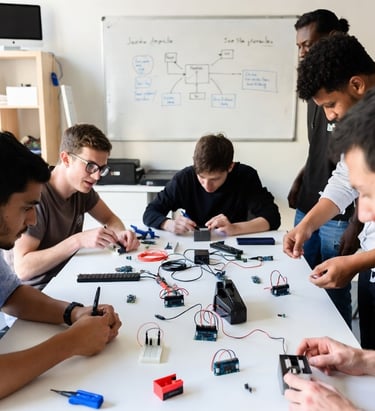

Creative workshops and residencies co-designed with educators and migrant communities.
Digital literacy, storytelling, and career-readiness modules.
Teacher resources aligned with SDG 4.7 (global citizenship, cultural heritage).
Rights & Safety:
Contributors choose consent levels and may opt for anonymity. Materials are stored securely with limited access and clear retention timelines.
Policy Context:
Plain-language context on how stories of displacement relate to education and inclusion frameworks in the host country.
Partnership snapshot:
Co-designed with [Partner Name] in [City/Country] under an MOU outlining roles, credit, IP, benefit-sharing, and monitoring & evaluation.
KPIs:
of teachers and learners reached per cycle
Pre/post change in empathy or inclusion self-assessment
Digital Empowerment
Mental health inspired therapeutic art elements. Recovery therapy for trauma.
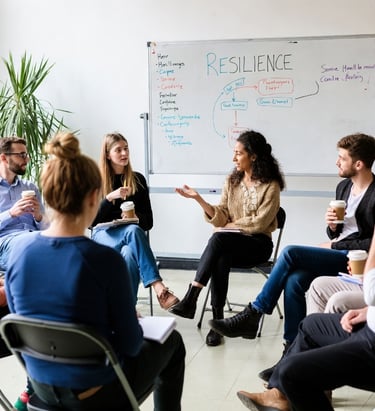

Training in design, communication, and basic tech skills.
Portfolio, LinkedIn, and job-readiness support for migrants and refugees.
Practical projects connected to local employers and cultural institutions.
Rights & Safety:
Data minimization and privacy by default. We collect only what’s necessary for program delivery and impact reporting.
Policy Context:
How digital inclusion reduces inequalities and supports integration into education and work opportunities.
Partnership snapshot:
Delivered with [Tech/Civic Partner]; MOU covers roles, credit, IP of produced materials, and outcome tracking.
SDG tags: SDG 4 · SDG 10
KPIs:
participants completing modules and producing a portfolio asset
% participants reporting improved digital confidence/job-readiness
Mental Health & Storytelling
Scholarships and workshops for digital skills and literacy in migrant communities.
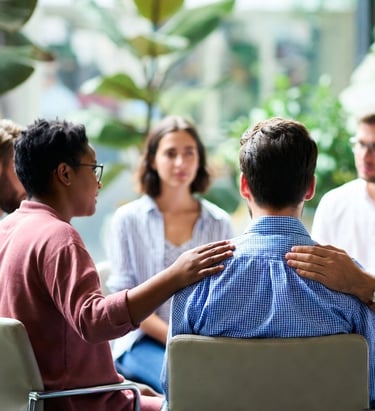

Art-led sessions co-designed with psychosocial professionals.
Narrative practices that help process trauma and reclaim identity.
Ethical pathways for sharing stories (or keeping them private).
Rights & Safety:
Trauma-informed facilitation; contributors choose consent scope and whether their materials are public, private, or restricted.
Policy Context:
Plain-language guidance to local mental-health resources and community support.
Partnership snapshot (MOU):
Co-designed with [Clinic/University/NGO]; MOU includes safeguarding, referral protocols, and practitioner supervision.
KPIs:
Participant self-reported wellbeing (pre/post pulse)
of safe referrals to supportive services
SDG tags: SDG 3 · SDG 16
Community Resilience Labs
Psychosocial support and community integration programs.
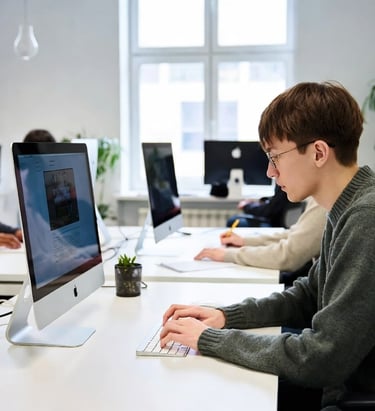

Safe spaces for group dialogue, arts-based resilience, and belonging.
Public activations that reconnect people to neighborhood assets and culture.
Referral pathways to local services (education, mental health, legal info).
Rights & Safety:
Participants can keep identities private; any sensitive details are anonymized before public sharing.
Policy Context:
How civic participation, neighborhood spaces, and cultural memory relate to inclusion and local policy.
Partnership snapshot (MOU):
Co-hosted with [Community Organization / Municipality]; MOU defines governance, credit, data sharing, and safeguarding.
KPIs:
of local activations and community partners engaged
Participant sense of belonging (pre/post pulse)
SDG tags: SDG 10 · SDG 11 · SDG 16
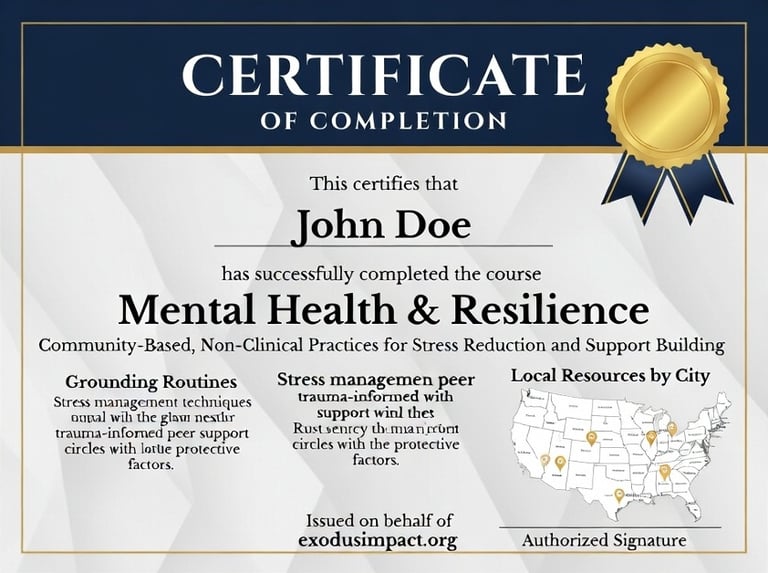

Schedule note: Dates shown are indicative and will be finalized once our pilot program officially starts and U.S. fiscal sponsorship is secured. No agreement with Tides Foundation has been signed at this time. Sessions and formats may change. We provide education, legal literacy and non-clinical psycho-social content only; this is not a substitute for legal or medical services. For updates, please join our newsletter or follow our social channels.
Where We Operate (Phased)
We plan to allow a click-to-view of targeted and focus areas. Currently, our efforts are limited to social media diffusion; formal rollout awaits funding through our targeted fiscal sponsor.
The targets are subject to adjustments after funding is secured; they are based on the initial disclosure.
Inspired by the exhibitions of Exodus & Resilience.
Opportunities available post-launch; currently, join our social media efforts
Connect
Join us in shaping stories that matter.
info@exodusimpact.org
© 2025. All rights reserved.
Exodus & Resilience and Exodus Impact are independent but interconnected initiatives founded by Omar Bustillos.
Each operates under its own legal and fiscal structure — Exodus & Resilience through Fractured Atlas / By Sibarita LLC; Exodus Impact seeking TIDES / Intercontinental Art LLC (in process). — within one common vision: To turn empathy into legacy.
A full professional version will launch with the resources generated by the initiative.
